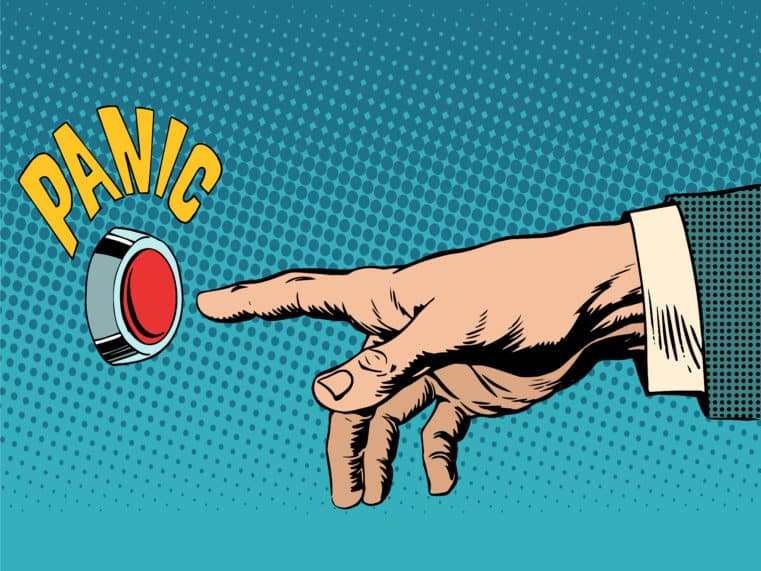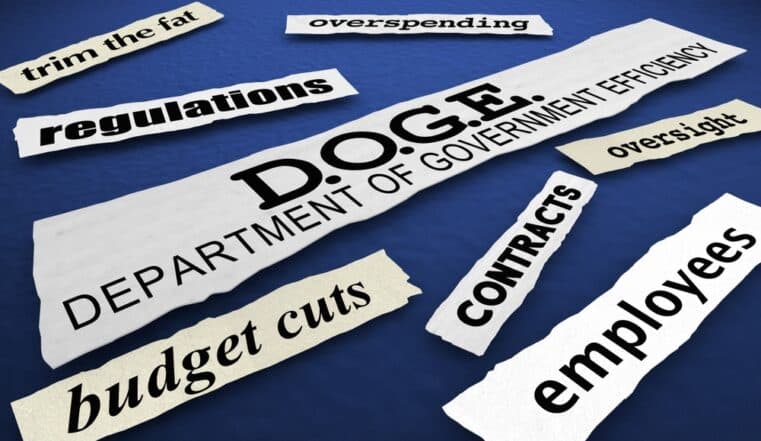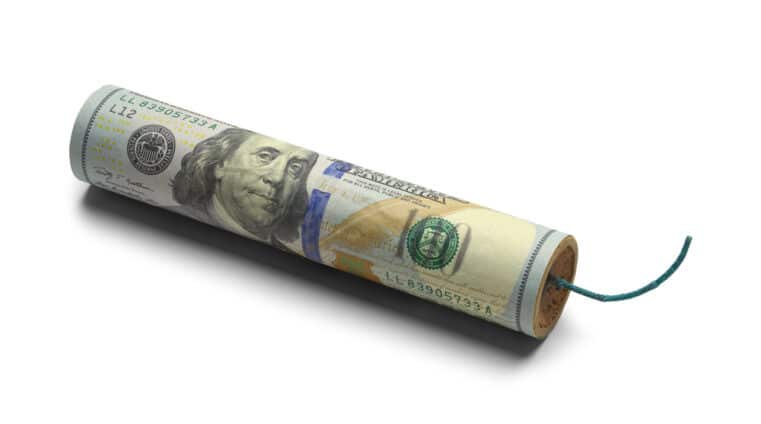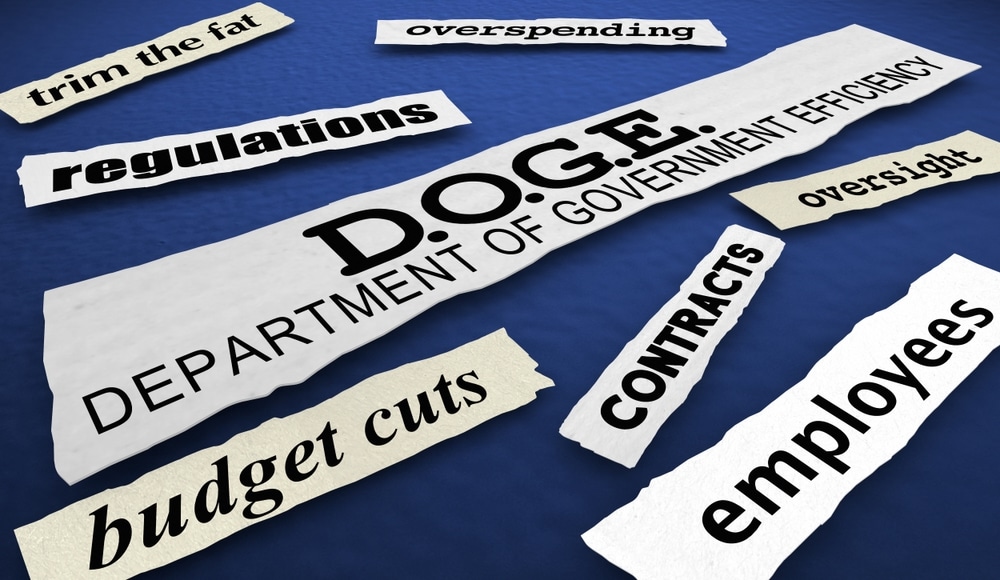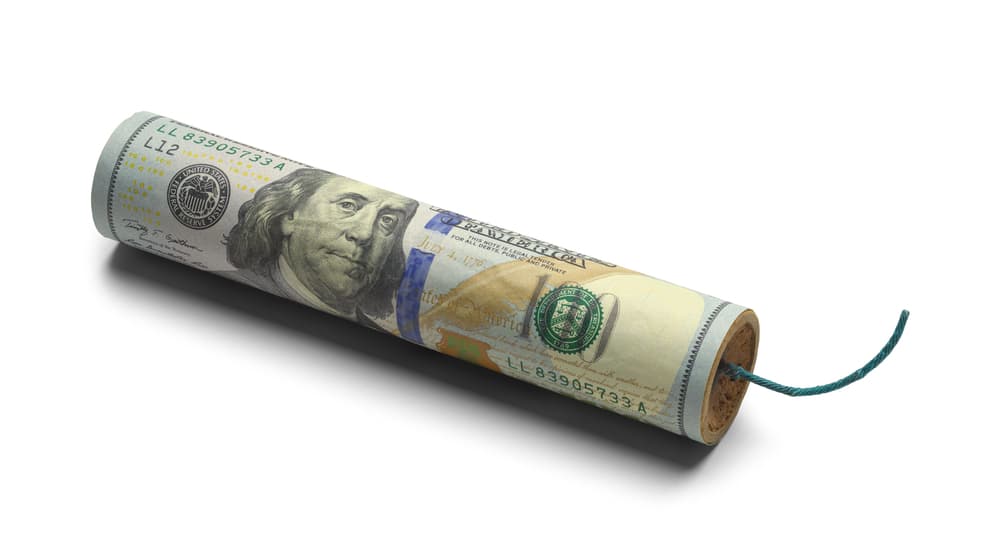
Jimmy Carter: A Failed Presidency with Overlooked Triumphs in Deregulation and Freed Markets
When the New York Times eulogized Jimmy Carter, they praised the man who lived a century and built homes, wrote poems, and monitored elections. But in the same breath, they shrugged at his presidency, dismissing it as “middle of the pack,” citing Iran’s hostage crisis, gas lines, and inflation. Sure, they threw him a bone for deregulating oil prices, but the real weight of his economic legacy? Barely a whisper.
Why? Because Carter dared to do something few presidents ever consider: he reduced the government’s chokehold on the economy. That’s a mortal sin in the eyes of the establishment.
The Deregulation Revolution
Carter wasn’t just a president; he was the Great Deregulator. Under his watch, the government stepped back from its decades-long micromanagement of industries, unleashing the forces of free markets in ways that still reverberate today. Nobel Prize-winning economist Vernon Smith called him just that, and for good reason.
Take the railroads, for example. By the 1970s, government regulations had driven the industry to the brink of collapse. Carter backed the Staggers Rail Act of 1980, which slashed red tape and allowed the railroads to make economic decisions for themselves. The result? Freight rates plummeted, efficiency skyrocketed, and railroads thrived instead of dying under federal mismanagement.
Airline deregulation followed a similar trajectory. Carter’s team, led by Alfred Kahn, dismantled the bureaucratic pricing structures that had stifled competition for decades. The result? Lower airfares, billions saved by travelers, and a boom in accessibility.
Even beer got a taste of deregulation. In 1978, Carter legalized homebrewing. That simple act opened the floodgates for the modern craft beer industry. What started as a handful of breweries turned into thousands, revitalizing local economies and beer culture across the U.S.
Fighting Inflation with Volcker
And then there was inflation, the beast that stalked Carter’s presidency. Most politicians would’ve opted for quick fixes and election-friendly gimmicks, but Carter took the hard road. He appointed Paul Volcker as chairman of the Federal Reserve, knowing full well that Volcker’s policies—slashing inflation through sky-high interest rates—would hurt in the short term. And they did.
The recession hit hard, unemployment spiked, and Carter paid the price politically. But Volcker’s tough medicine worked. It broke the back of double-digit inflation, setting the stage for decades of economic stability. Carter made the call, knowing it would cost him. That kind of guts is a rarity in Washington.
Why the Silence?
So why isn’t Carter’s economic legacy front and center? Because it doesn’t fit the script. Today’s political elite, from progressives in the Democratic Party to big-government Republicans, thrive on centralization, regulation, and control. A president who actually reduced government power? That’s an inconvenient truth they’d rather ignore.
Carter’s deregulation efforts cut against the grain of modern politics. Democrats, now captured by the progressive wing, hail his environmental policies and human rights advocacy but brush past his economic reforms. Republicans, meanwhile, abandoned free markets long ago in favor of tariffs and corporate welfare. Neither side wants to acknowledge that Carter, for all his flaws, achieved something they haven’t: shrinking the government’s footprint.
The Call to Action
Jimmy Carter’s presidency was far from perfect. But he proved that even amid crises, a president can buck the establishment and champion policies that empower the people. His legacy isn’t the chaos of the late 1970s; it’s the industries he helped free from government chains.
Today, the system Carter fought against has metastasized into a sprawling surveillance state and a digital cage of centralized control. The fight for economic liberty is more urgent than ever. Question the narratives. Push back against authority. And most importantly, take steps to protect yourself from the creeping control of failing banks and the state.
Start by downloading Seven Steps to Protect Yourself from Bank Failure by Bill Brocius. It’s a roadmap to securing your financial freedom in an age of uncertainty. Click here to download now.
Stay skeptical. Stay free.




